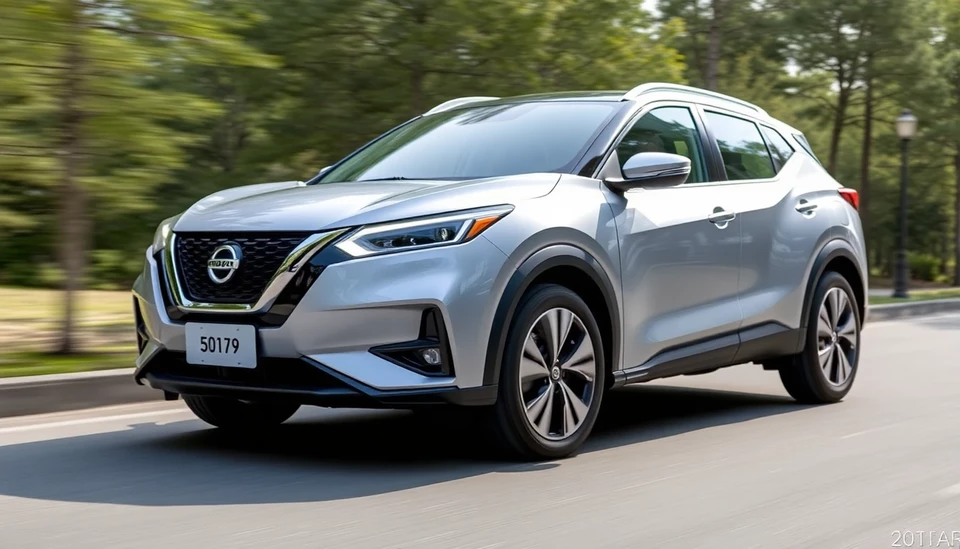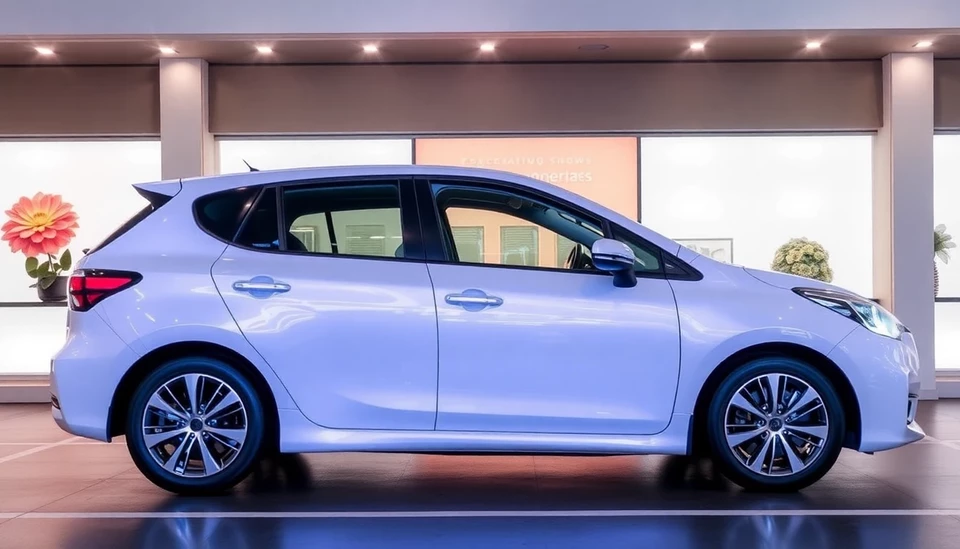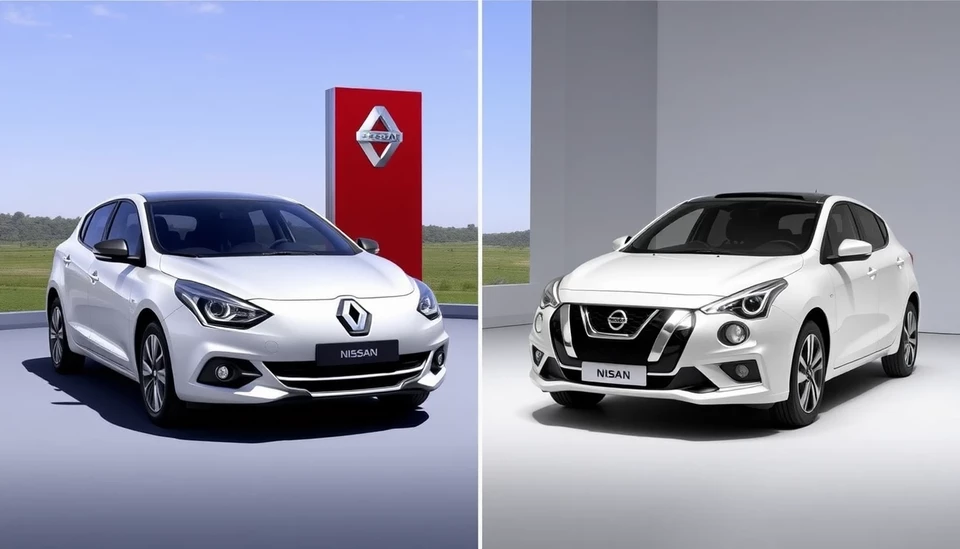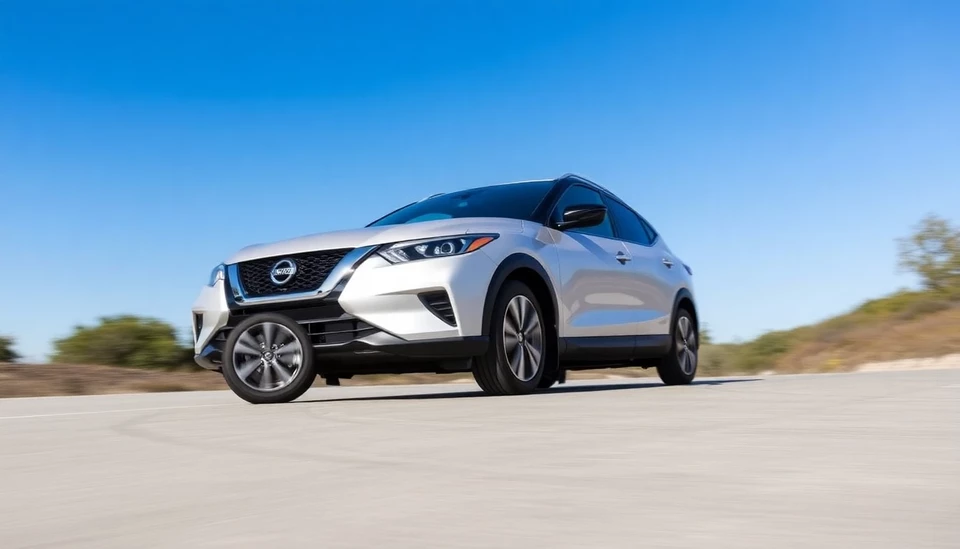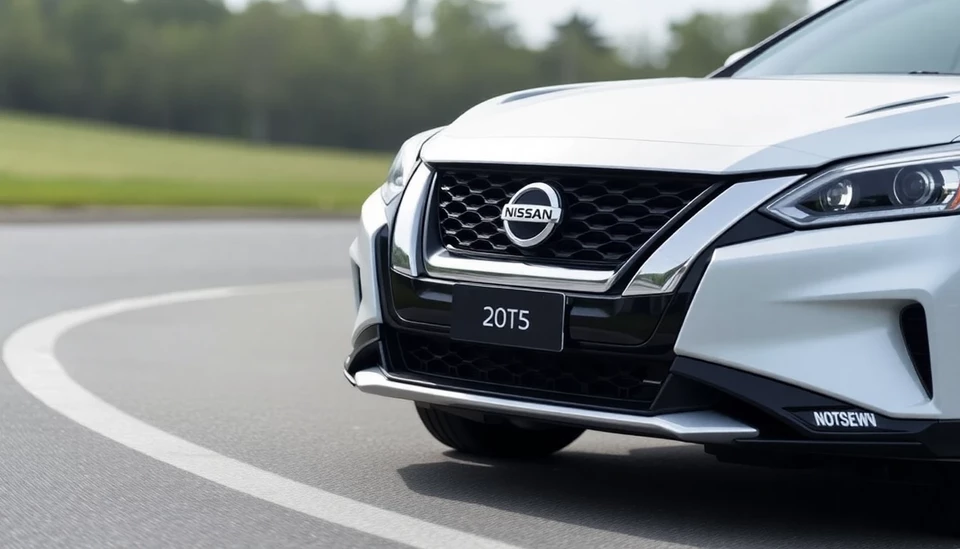
Nissan Motor Co., the renowned Japanese automotive manufacturer, is facing increasing skepticism from investors and suppliers regarding its ambitious growth targets. As the company strives to redefine its market position and recovery strategies post-pandemic, its optimistic outlook may be overshadowed by doubts and challenges that could threaten its plans for expansion.
After a year marked by challenges, including semiconductor shortages and supply chain disruptions, Nissan's CEO, Makoto Uchida, announced a bold plan to reinvent the company’s global strategy. Uchida aims for Nissan to achieve a significant boost in sales, targeting a considerable market share in the electric vehicle (EV) space, particularly as the automotive industry shifts toward sustainable energy solutions.
Uchida has expressed a goal of capturing 40% of Nissan's sales from electric vehicles by 2030, a figure that analysts describe as overly ambitious given the competitive landscape and technological hurdles. This target places Nissan alongside industry giants, forcing the company to invest heavily in R&D, infrastructure, and partnerships to realize this significant shift.
Investor reactions have been mixed. While some remain cautiously optimistic about Nissan's direction, others have voiced stark concerns over the aggressive sales projections and the feasibility of achieving such growth. This uncertainty is compounded by recent reports highlighting dissatisfaction among suppliers, who worry about mounting pressure from Nissan to reduce costs while maintaining quality – a delicate balance that may strain operations in an already volatile sector.
Moreover, Nissan's decision to partner with multiple stakeholders for battery production and EV technology has raised eyebrows. Although partnerships can bolster resource allocation and risk-sharing, they also introduce complexity and potential dependency on affiliates, which could backfire if suppliers do not meet Nissan’s increasing demands.
In addition, Nissan's announcement followed a recent dip in its stock performance, which has magnified worries about the company’s ability to deliver on its new ambitions. Investors are particularly concerned that the lofty goals might be a smokescreen for deeper underlying issues within the company’s operational strategy and financial stability.
Analysts suggest that Nissan will need to refine its approach, possibly reconsidering its optimistic targets in light of market realities. The automotive ecosystem is evolving rapidly, with competitors like Tesla, Ford, and traditional manufacturers like Volkswagen investing heavily in EV technologies, making it crucial for Nissan to adopt a more measured strategy that incorporates flexibility and adaptability.
With a clearer picture of market demands and the pace of technological advancement, Nissan could recalibrate its goals to set more achievable targets. As it stands, a path forward must be forged that restores trust among investors and suppliers alike while fostering an atmosphere of collaborative growth and innovation.
The question remains: can Nissan navigate these tumultuous waters while meeting the ambitious benchmarks it has set for itself? This ongoing narrative will undoubtedly evolve as the company continues to address the myriad challenges that lie ahead in the automotive sector.
In summary, the bold ambitions of Nissan present both an exciting opportunity for growth and a source of concern for stakeholders. Striking the right balance between innovation and realistic projections will be key to ensuring long-term success for the brand in an increasingly competitive market.
#Nissan #ElectricVehicles #AutomotiveNews #InvestorConcerns #SupplierTrust #MarketStrategy #Innovation
Author: Victoria Adams
